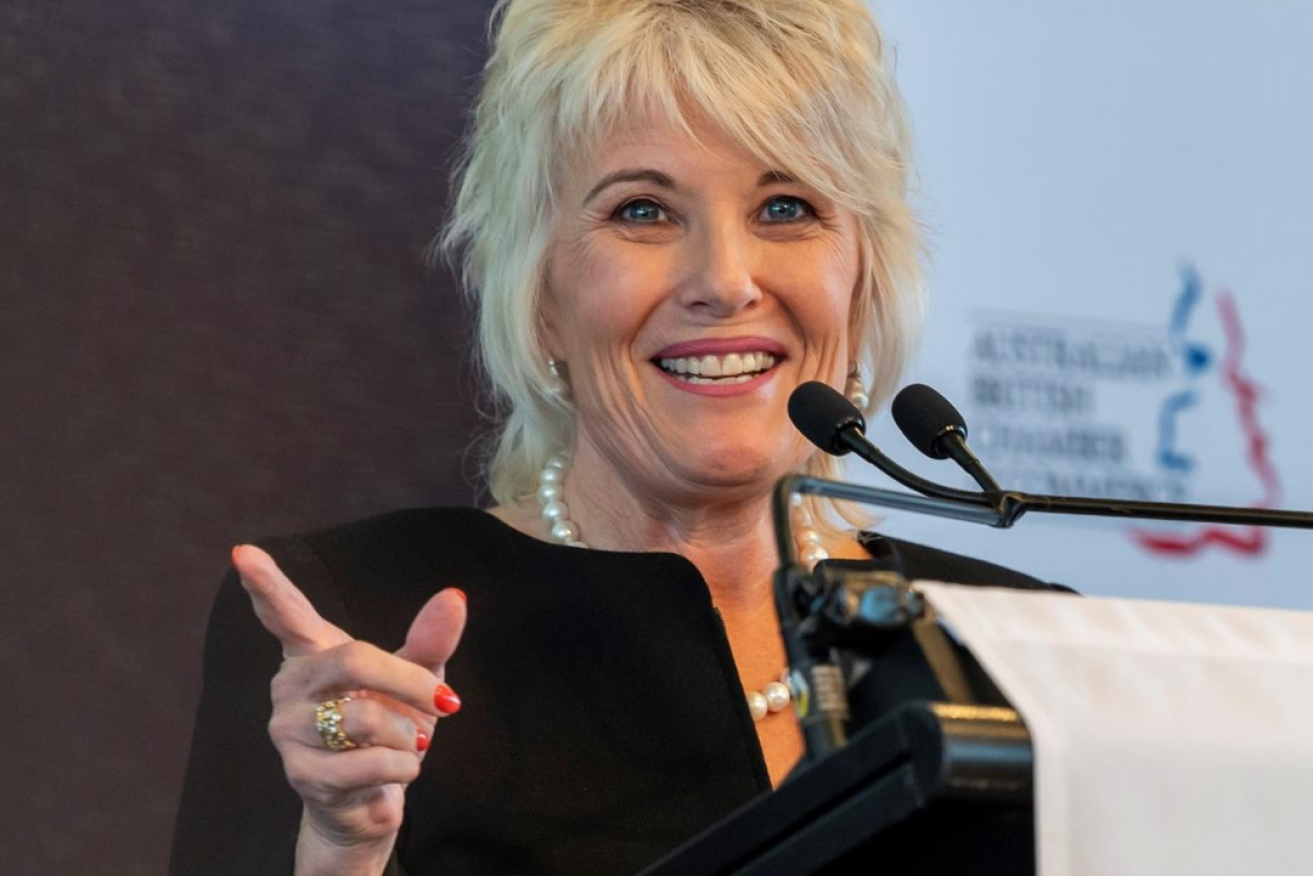Equality advice: Don’t just mind the pay gap, do something about it
The outgoing head of the Workplace Gender Equality Agency says that for every two employers who recognise the pay gap, only one will act.

Former director of the Workplace Gender Equality Agency, Libby Lyons. (Facebook)
Libby Lyons was director of the Federal Government’s WGEA for more than five years. She finished up at the end of April, but gave her last formal observations in the agency’s annual report, tabled in parliament this week.
Lyons said the agency had developed the most wide-ranging dataset on workplace gender equality in the world.
While the data showed progress, such as more women taking management roles and 75 per cent of employers having commendable policies and strategies, it also highlighted some “key problems”.
Lyons said the most concerning was what she called the “action gap”.
“Organisations have policies and strategies in place but little or no action is taken to implement them across their workplaces,” she said.
“For instance, over 45 per cent of employers who conducted a pay gap analysis took no action to close any identified gaps. This was compounded in our latest dataset, in which there was a substantial drop of 6.1 percentage points in employers taking action on pay equity.
“Clearly, more work needs to be done by employers to close this and other identified action gaps.”
In 2019-20, the gender pay gap amounted to 20.1 per cent, or around $25,500. Compared to the previous year, it had decreased in every industry except public administration and safety, administrative and support services, and arts and recreation.
The biggest gender pay gap by industry was still in financial and insurance services (27.5 per cent) and the lowest in public administration and safety (7.7 per cent).
Taking action on the gender pay gap was more common in industries such as electricity, gas, water and waste services, financial and insurance services, information media and telecommunications, mining, and professional, scientific and technical services industries than in the retail trade, health care and social assistance, and public administration and safety industries.
Lyons called on the government to enhance its data collection and analysis to enable further action.












